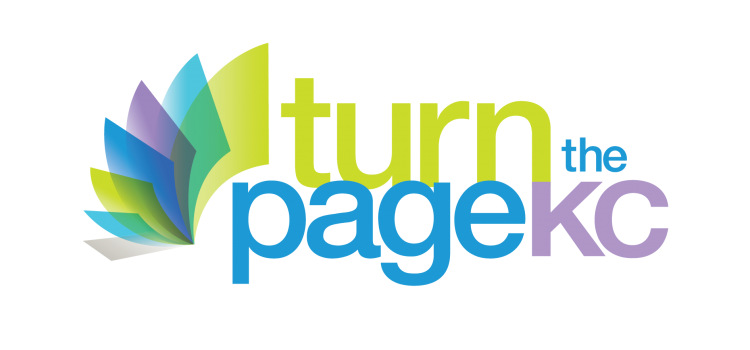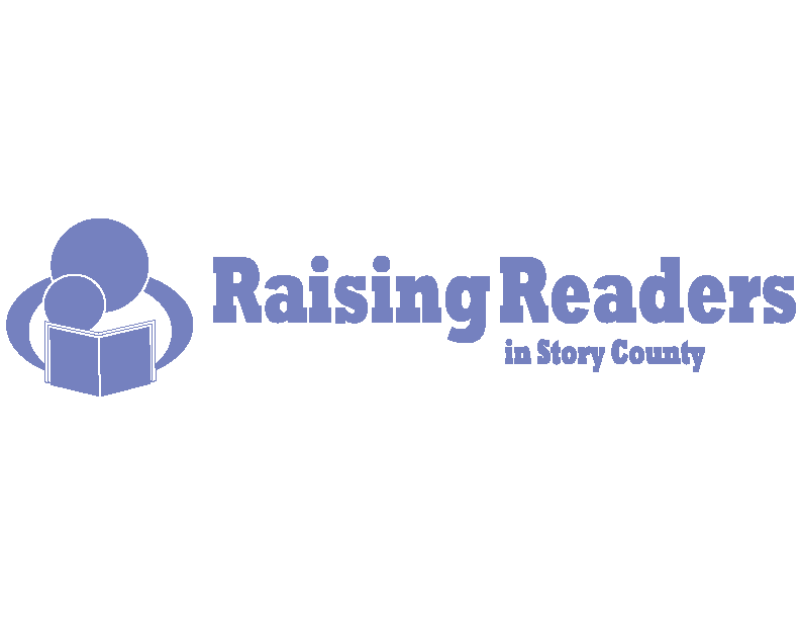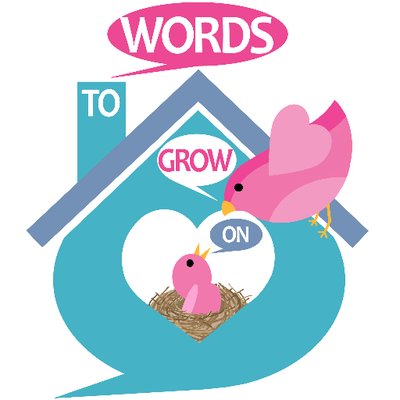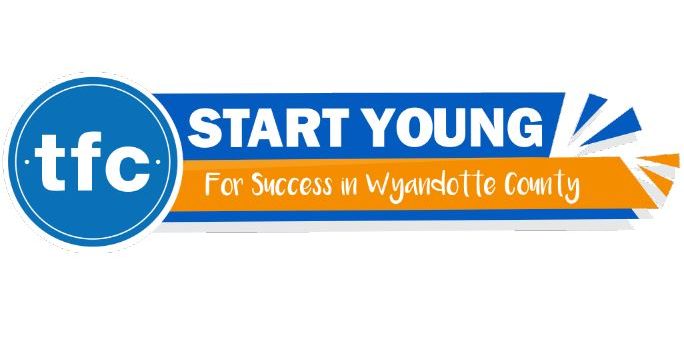Collaborative Research Partners
The Bridging the Word Gap Research Network contains 6 Collaborative Research Entities (CREs) at various locations and institutions that are conducting community-based intervention research that advances the current knowledge base about effective strategies for enhancing the language learning environments of children from underserved communities and populations. The research in each CRE examines key questions of efficacy, implementation fidelity, social validity and other issues of importance in carrying out interventions for preventing language disparities resulting from inequities in the language learning opportunities afforded children within underserved communities.
Contact: Charles Greenwood
We are conducting an evaluation of our community-action planning guide (BWG-CAPG), a multisector community partnership approach to achieving population-level outcomes through changes in local practices, programs, and policies. Through a two-year longitudinal multilevel evaluation, this CRE is testing whether implementation of the BWG-CAPG, including its strategic planning and multisector intervention actions, will lead to improved population outcomes in terms of informed and engaged parents who are talking more, with greater variation, and in many daily contexts, and this change in children’s home language learning environment results in growth in children’s expressive language (vocabulary) over time.
PC-Talk and Talk Around Town Interventions
Contact: Dale Walker and Kathryn Bigelow
This CRE is carrying out two distinct, but related studies focused on the PC TALK intervention and related tools to promote the communication of infants and young children.
In the first study, we are documenting the extent to which the use of a mobile app, Talk Around Town (TAT), results in greater parent/caregiver use of language-promotion strategies in the community. TAT is a mobile smartphone app that provides individuals with tips for increasing and enriching language learning opportunities with their young child during community outings. Parents use the app to identify locations they visit regularly with their young child and where they would like to receive tips for talking with their child. TAT uses location-based services on parents’ smartphones to identify each time families visit those locations and delivers brief tips specific to that location type. Parents briefly check their smartphone for tips, and then implement those strategies during outings.
In a second study, we will document the extent to which intervention administration and coaching fidelity of the PC TALK intervention impacts parent use of the intervention and concurrent child communication as measured using the PC-Obs app. The study will include observational measures of change in both intervention coach fidelity, parent-child interaction and change in child language over time.
Contact: Peggy A. Sissel
This CRE is investigating the effects of Story Friends E-Books on changing children’s home language environment and subsequent effects on children’s vocabulary development. This project focuses on observing parents’ and caregivers/ level of engagement while interacting with their young children while using E-Books. In a randomized trial, this intervention study will determine whether children learn academic vocabulary in storybooks with and without embedded instruction, and whether incentives provided to children, parents or home visitors enhance parent engagement. Participants in the study are children and caregivers enrolled in the Home Instruction for Parents of Preschool Youngsters (HIPPY) programs across the state of Florida.
Contacts: Jill Pentimonti, Virginia Buysse, and Dale Walker
The Pennsylvania Early Language Home Visiting Study is a small scale RCT study evaluating the impact of a research-based language intervention, PC TALK, along with a progress monitoring assessment, the Early Communication Indicator (ECI) within an implementation framework model (IHI). Children ages 18-30 months and their home visitors will participate in this project documenting progress toward the attainment of language goals within community-based home visiting programs serving children at risk for, and with, special needs.
Contacts: Judith Carta, Dwight Irvin, Anna Wallisch, and Alana Schnitz
Start Young is a collaboration, developed by the Family Conservancy, between child care centers and public and private community organizations in Wyandotte County. Start Young aims to increase access to high quality child care, since Wyandotte County only serves approximately 40% of families with young children. As part of this project, Juniper Gardens Children’s Project is partnering with local infant/toddler classrooms to provide a LENA Grow coaching intervention to enrich the classroom language environment.
Contact: Amy Becklenberg
Refugees in the U.S. experience many health disparities and are in need of innovative interventions. “Talk With Me Baby” (TWMB), a Georgia initiative, trains nurses to coach parents and caregivers to enhance the language environment of young children. This training provides an additional avenue for the delivery of the TWMB content to refugee parents and caregivers who are English language learners.
Watch a video about Talk With Me Baby here!
Contacts: Dr. Brenda Salley and Dr. Judy Carta
Watch a video about Talk With Me Baby here
Contacts: Susan Landry and Michael Assel
Developing Talkers: Building Effective Teachers of Academic Language Skills examines ways to improve kindergarten teachers’ knowledge and use of evidence-based practices (EBP) for increasing students’ academic language skills. This project is taking place in the Houston metropolitan area. Across three cohorts, teachers will receive professional development and educative curriculum resources called Developing Talkers (DT). Teachers randomly assigned to the waitlist control group will continue business-as-usual instruction during the intervention phase and received condensed training and materials after the school year. We will use a randomized control trial evaluating the two contrasting curriculum approaches – softly scripted DT versus teacher-inspired DT. In a second stage of intervention, we will provide some teachers with additional coaching or professional learning community (PLC) opportunities. We will measure teacher knowledge of EBP and the quality of effective instructional behaviors during classroom observations. We will also assess cognitive and non-cognitive teacher traits.
Contact: Allison Wilson
Project ELLO (Everyday Language and Learning Opportunities) aims to reimagine how learning opportunities for young children can be embedded throughout familiar routines and community settings through positive, language-rich interaction. The ELLO team is made up of intentional community partnerships throughout Washington and Montana.
Rinse, Read, Spin, Talk: Using Laundromats To Support Early Learning In Undeserved Communities
Contact: Susan B. Neuman and Maya Portillo
Children from economically disadvantaged communities are likely to start kindergarten behind and stay behind their more well-to-do peers with little hope of catching up (Cunningham & Stanovich, 2000). To address this persistent gap, many organizations including libraries, doctors’ offices and recreational centers have attempted to change the odds for low-income children by focusing on programs to improve early literacy skills. Recognizing that the neighborhood is a unit of social change, programs that engage families in early reading and learning with their children have become increasingly part of the community landscape.
More recently, however, efforts to promote early literacy are finding families in a less conventional place: the local laundromat.Studies estimate that families spend as much as two to two-and-a half hours in each visit to the laundromat. Consequently, laundromats have the potential to enhance children’s opportunity to learn, providing both the space, time, and materials to engage families in informal literacy activities.









